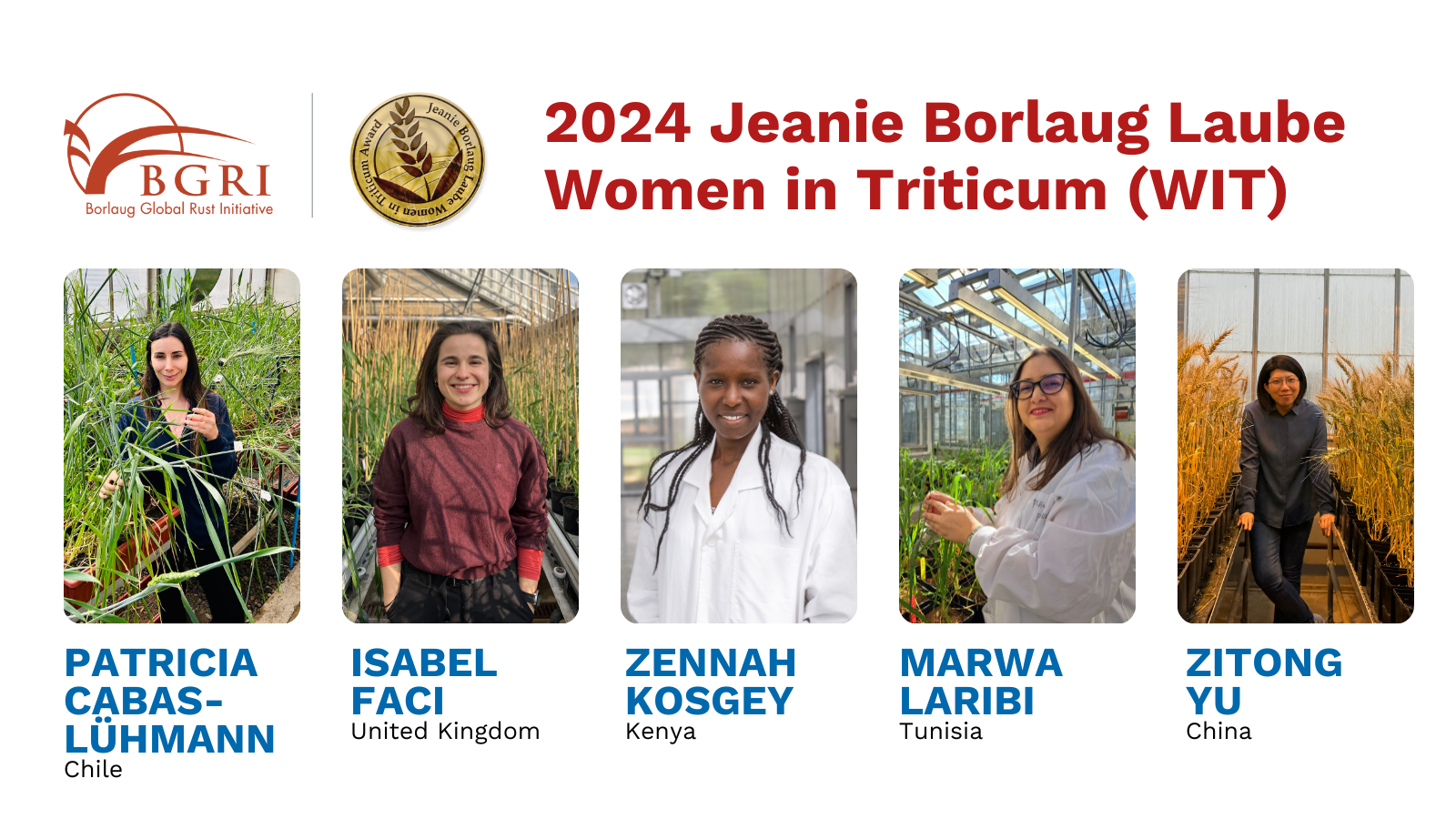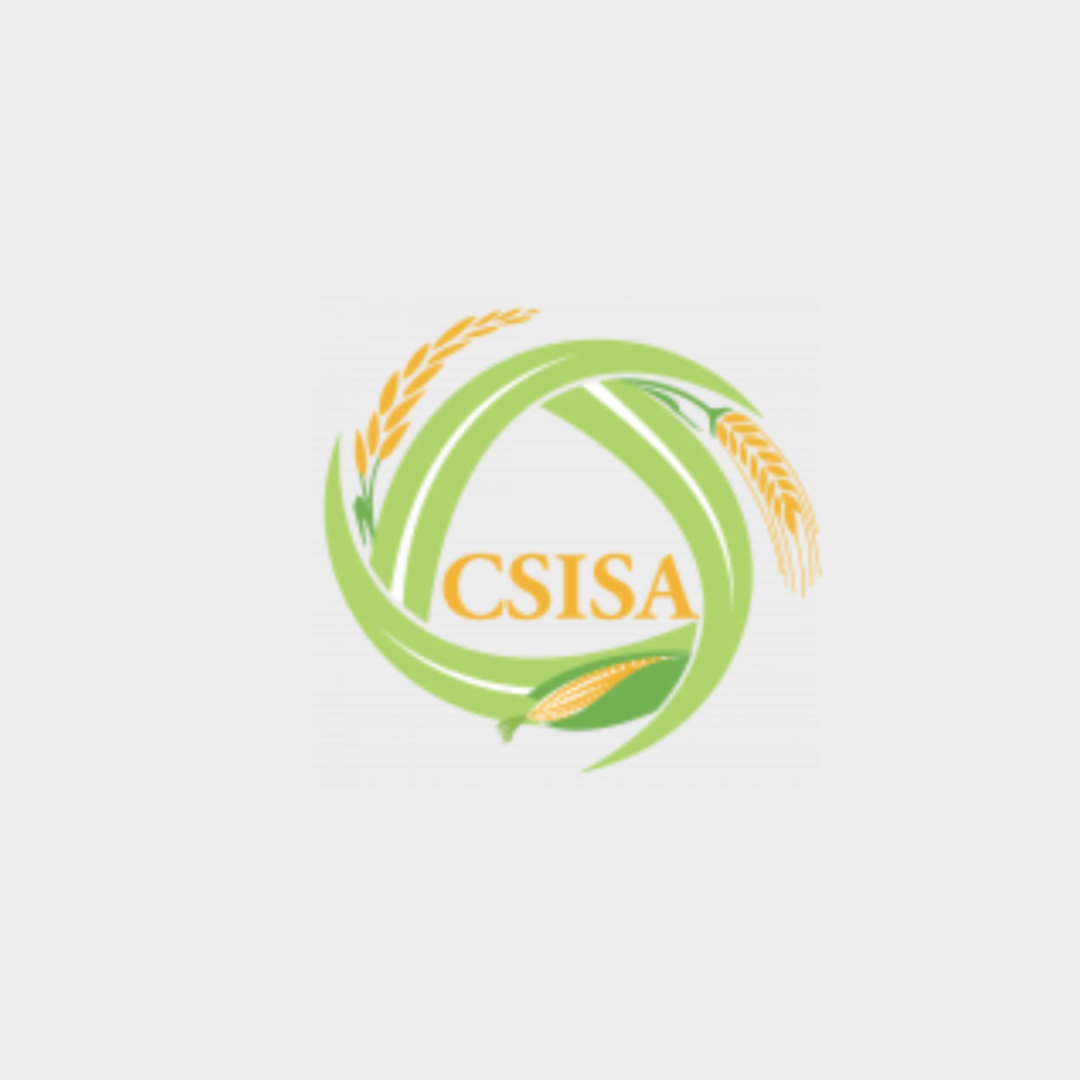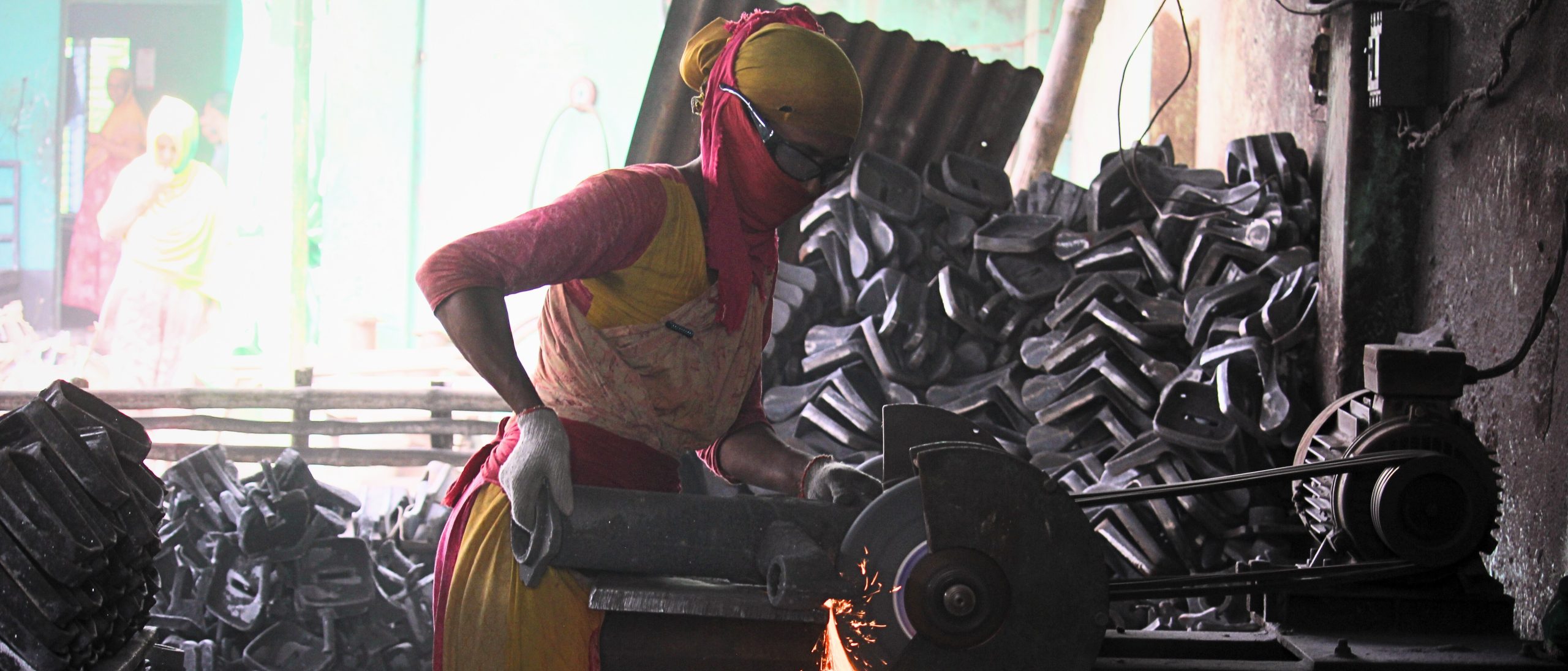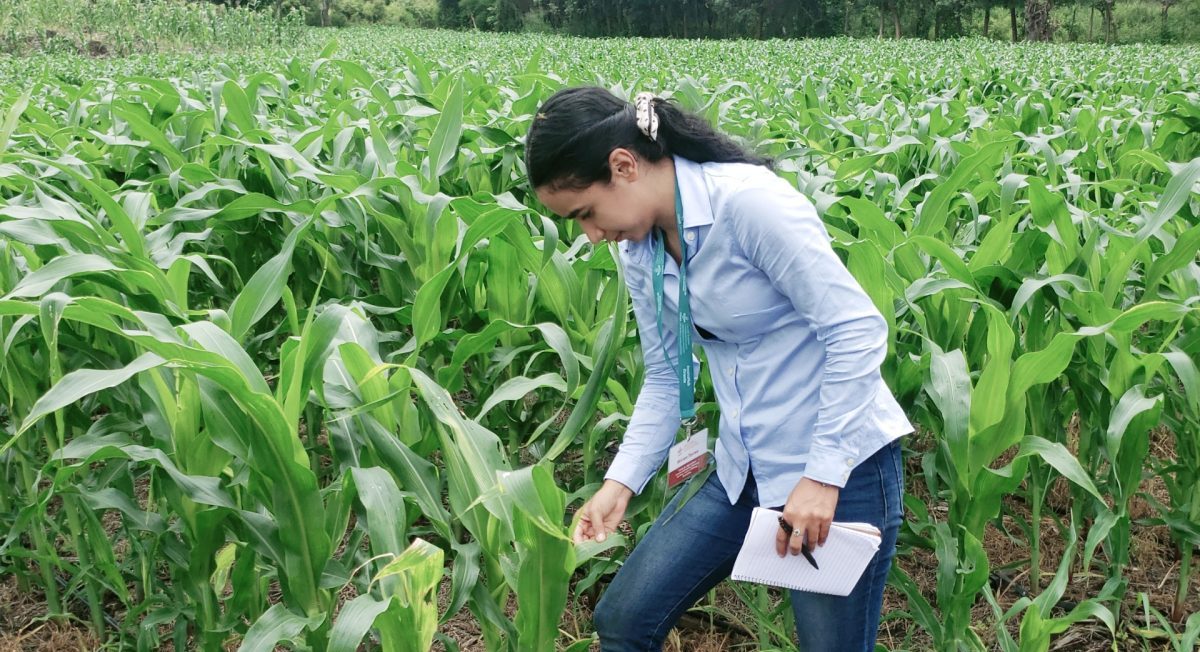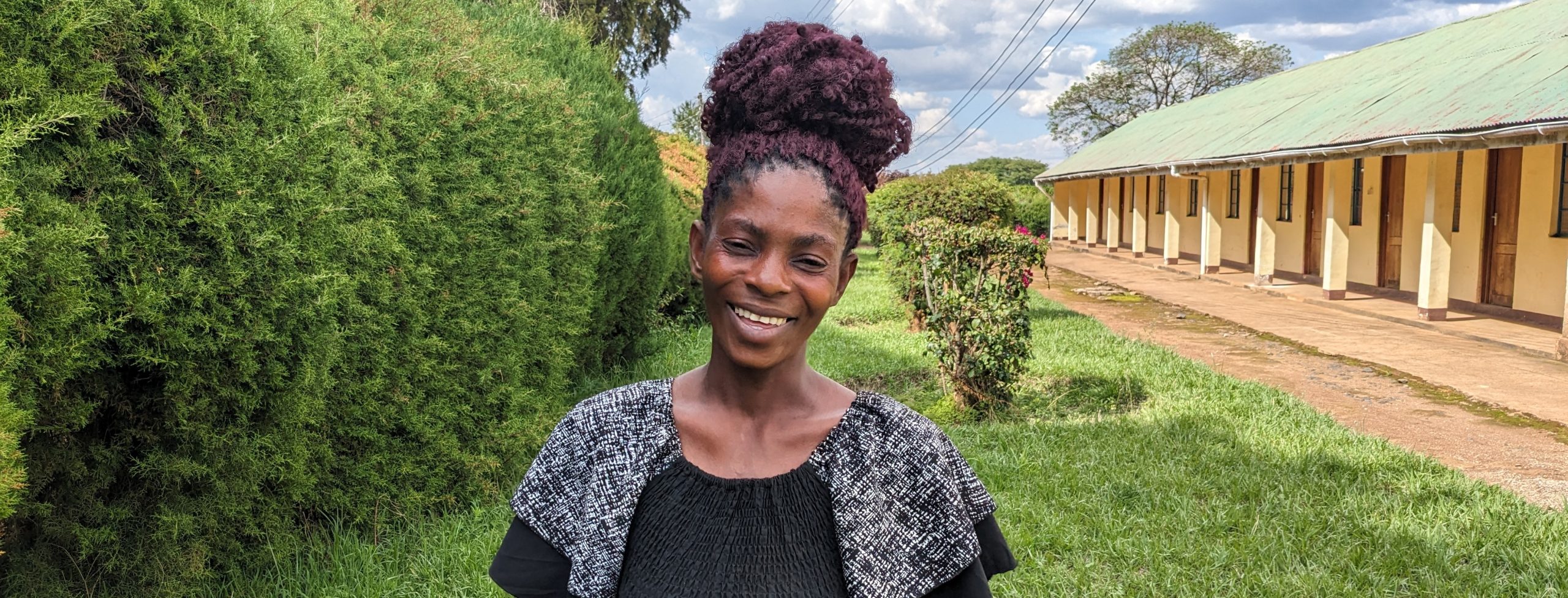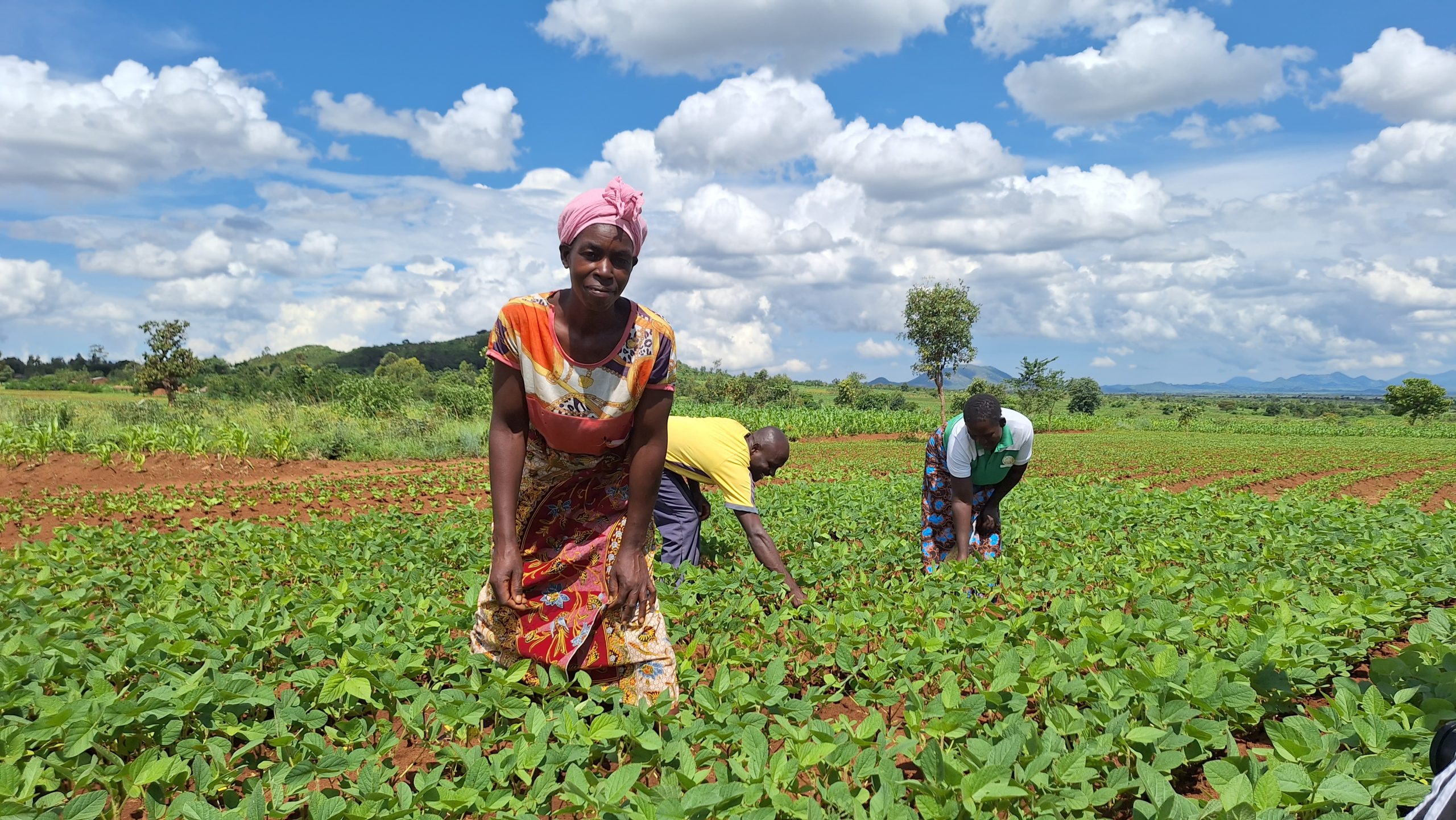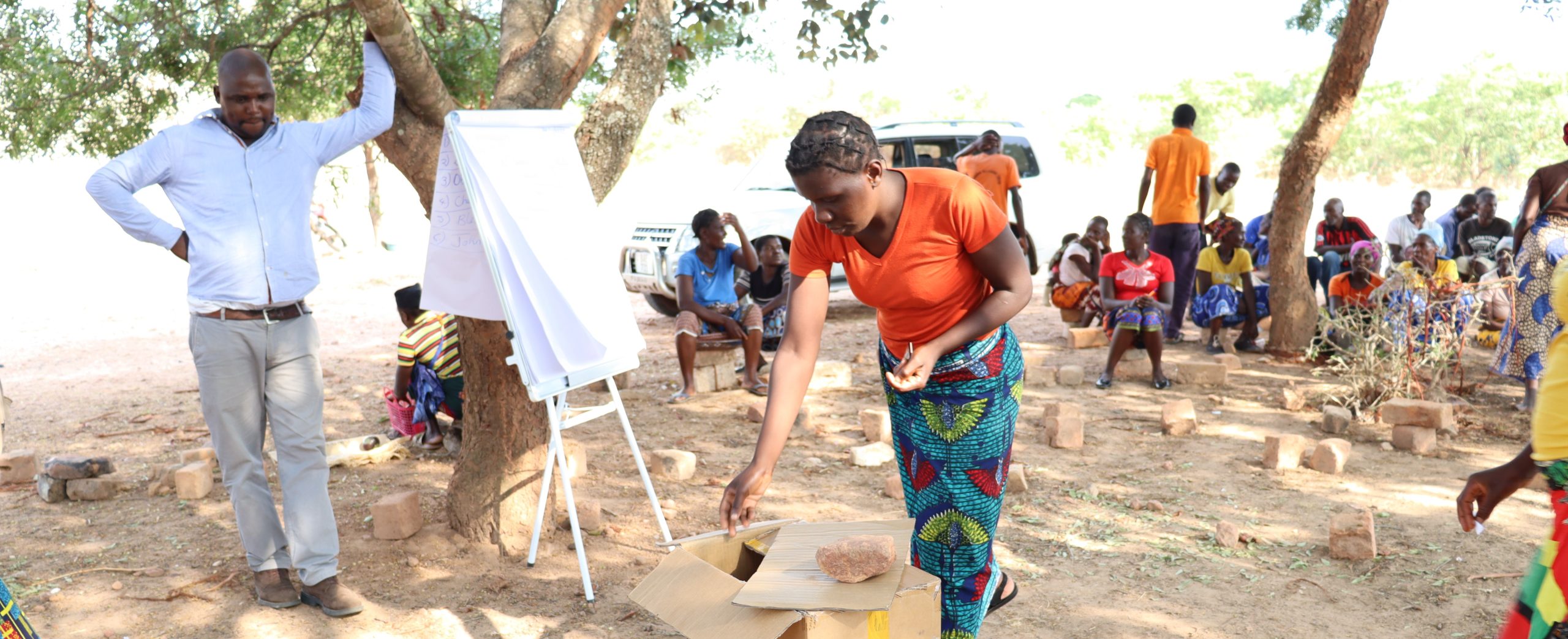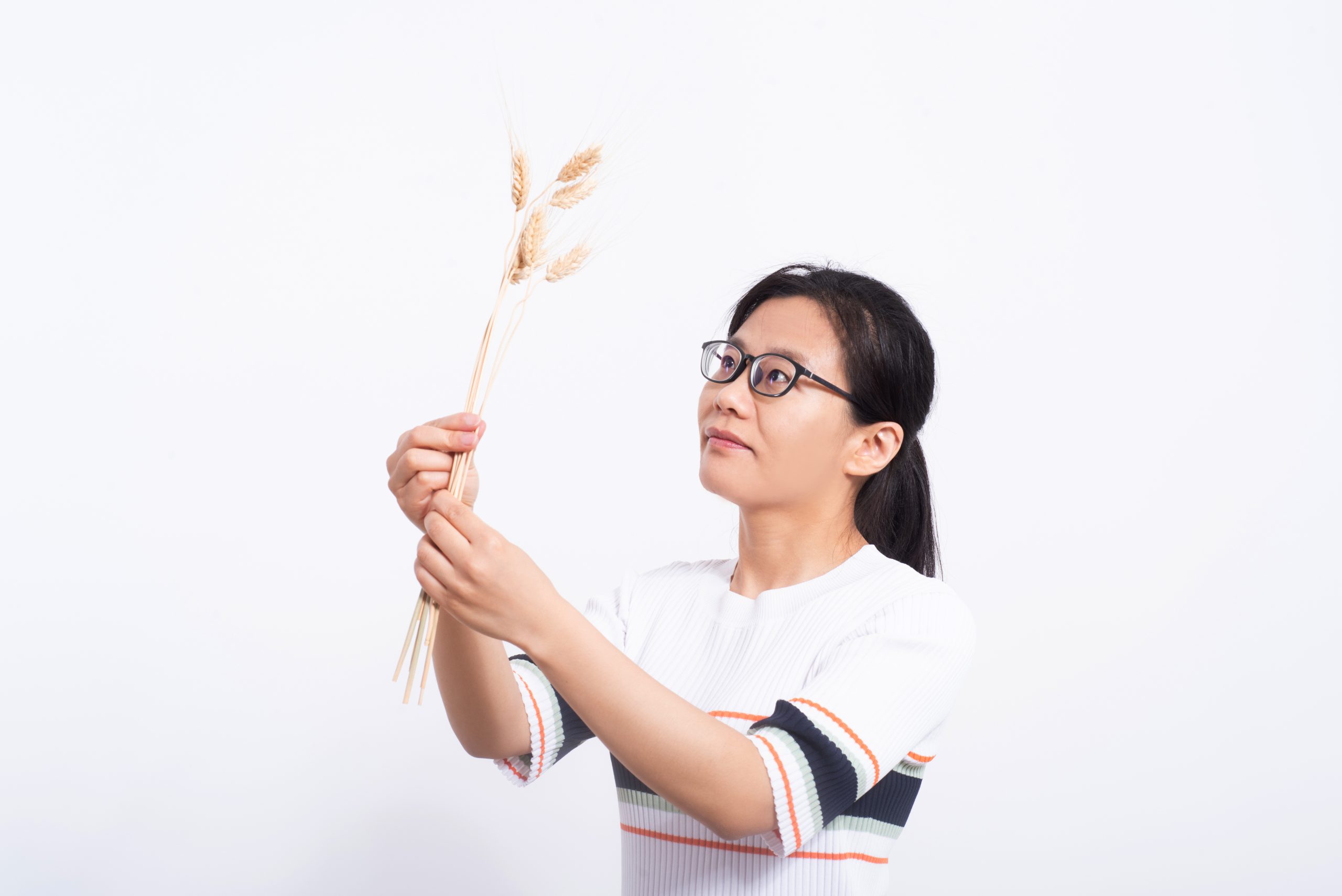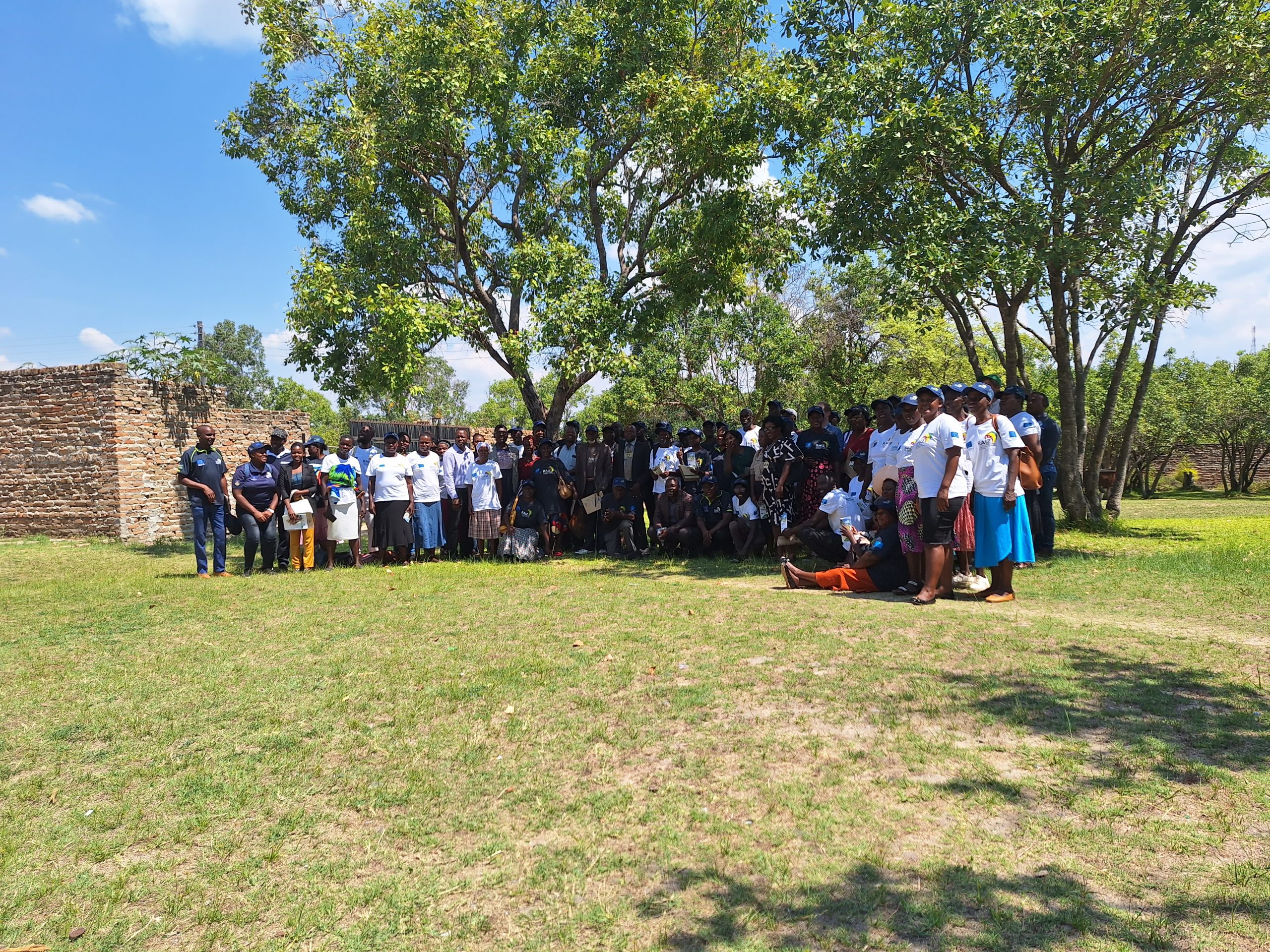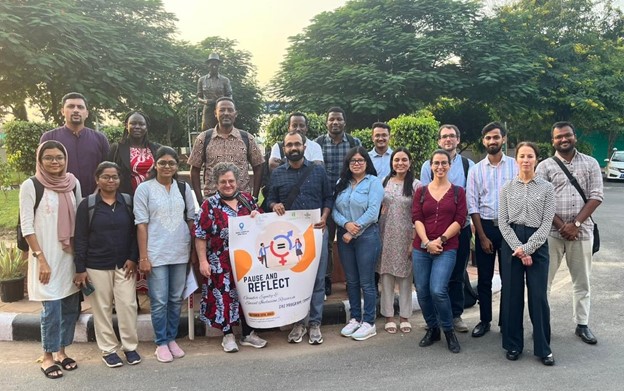Gender equality, youth and social inclusion
Gender and other social differences such as age, wealth and ethnicity, have an enormous influence upon the success of agricultural interventions. To ensure equitable impacts and benefits to rural people, CIMMYT emphasizes inclusive research and development interventions. Starting with the collection of data on gender and social differences, efforts are underway to address these gaps and ensure equitable adoption of technologies and practice. This includes working towards gender-equitable control of productive assets and resources; technologies that reduce women’s labor; and improved capacity of women and youth to participate in decision-making.
Borlaug Global Rust Initiative announces 2024 Women in Triticum (WIT) awardees
 Capacity development
Capacity development
The 2024 Women in Triticum Early Career Awards recognize early-career scientists for their advancements in wheat research and food security.
Progressive development: preparing women for employment in agriculture-based light engineering
 Gender equality, youth and social inclusion
Gender equality, youth and social inclusion
Source: CEREAL SYSTEMS INITIATIVE FOR SOUTH ASIA ()
CIMMYT’s CSISA-MEA initiative, funded by USAID, is empowering women in Bangladesh’s agri-engineering sector by offering technical training and promoting gender-inclusive workplaces
Breaking ground and redefining roles in the agri engineering sector: Anjuara Begum
 Capacity development
Capacity development
Anjuara’s journey from a widowed mother to a successful grinding operator is an inspiring story of resilience. CSISA–MEA’s light engineering training for women has not only transformed Anjuara’s life but also prompted a paradigm shift in the perception of women’s capabilities in traditionally male-dominated roles.
Empowering communities through sustainable agriculture
 Capacity development
Capacity development
For young Mirian, an agent of change, being part of the Honduran InnovaHub Oriente has allowed her to make agricultural innovations a means to empower her generation and women.
Seeds of change: one woman’s mission to transform her community
 Capacity development
Capacity development
In Tanzania, community champions like Venansia Swale play a fundamental role in encouraging the adoption of improved seeds and increasing yields for smallholder farmers.
Women farmers turn the tide on soybean production
 Gender equality, youth and social inclusion
Gender equality, youth and social inclusion
In Mozambique, women spearhead efforts to enhance soybean yields with improved agronomic practices, yielding community-wide benefits.
NGOs hold youth business expo in Mwenezi
 Gender equality, youth and social inclusion
Gender equality, youth and social inclusion
Source: The Mirror ()
CIMMYT participated in a Mwenezi business expo aimed at empowering youth through entrepreneurial projects.
Maria Itria Ibba presents award for research into improving nutrition in staple foods
 Gender equality, youth and social inclusion
Gender equality, youth and social inclusion
Connecting Global Communities through Food Security
 Gender equality, youth and social inclusion
Gender equality, youth and social inclusion
Mashal Husain, President of the World Food Prize Foundation. Mashal shared about her career journey where no role is too small, her opportunities to carry on and elevate the legacy of Dr. Norman E. Borlaug, and finally her thoughts about diversity and inclusion
Reaching farmers in Zambia
 Capacity development
Capacity development
AID-I conducted a community sensitization to connect Zambian farmers with existing mobile networks that provide agricultural and climate data.
Building connections and trust through science communications
 Gender equality, youth and social inclusion
Gender equality, youth and social inclusion
Effective communication builds trust in scientific findings; you are allowed to meander and stumble in your career path; having visible women role models early on in life is helpful, shared Anastasia Bodnar during the 14th edition of Catalysts of Change: Women Leaders in Science
STEM the gap: Scientists reflect on women’s increasing participation and visibility in STEM careers
 Gender equality, youth and social inclusion
Gender equality, youth and social inclusion
At CIMMYT, women leaders and scientists work on the pressing issues of our times. They contribute as managers, economists, and scientists – breeders, soil experts, agronomists, GIS analysts, pathologists, etc. Every day they help CIMMYT deliver on its commitment: Science and Innovation for a Food and Nutrition Secure World.
Strengthening resilience in Mutoko farmers through agroecological research
 Capacity development
Capacity development
A workshop to help tackle climate challenges faced by Mutoko farmers generated significant interest among farmers and stakeholders to work towards sustainable approaches.
A Champion of Science as a Social Enterprise, Diversity & Inclusion
 Gender equality, youth and social inclusion
Gender equality, youth and social inclusion
Saharah Moon Chapotin shares her inspiring career journey as a plant scientist making a societal difference, the importance of self-confidence in shaping career choices, and the need for emulative leadership, policies, and programs to support a diverse workplace
Researchers gather to reflect on and lead CIMMYT’s Gender Equity and Social Inclusion (GESI) efforts with renewed commitment and partnership
 Gender equality, youth and social inclusion
Gender equality, youth and social inclusion
On the sidelines of the CGIAR Gender Research Conference 2023 in New Delhi, CIMMYT researchers working on gender and social inclusion across the Global South gathered to discuss pathways toward 2030 for making GESI efforts intentional and impactful.
